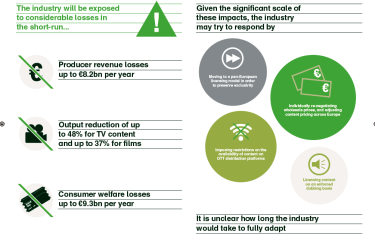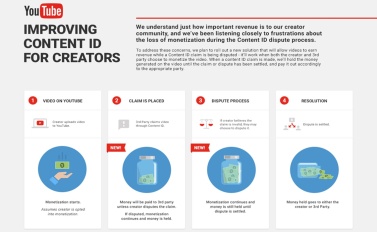 A camera praised for its mix of instant sharing (through a connected iPhone) with advanced features now also offers photographers instant protection. DxO unveiled the latest firmware update to its DxO One camera (version 1.4) and among a long list of improvements, the update allows photographers to embed copyright info into the image’s metadata.
A camera praised for its mix of instant sharing (through a connected iPhone) with advanced features now also offers photographers instant protection. DxO unveiled the latest firmware update to its DxO One camera (version 1.4) and among a long list of improvements, the update allows photographers to embed copyright info into the image’s metadata.
By downloading the latest app and then installing the firmware directly from the app, DxO One owners can now automatically embed their name inside the image’s hidden information, called metadata.
Source: DxO One Adds Instant Copyright Metadata, Watermarking | Digital Trends








 Ashcroft was keen to talk up the significance of PRS for Music’s investments in back-end technology, from its core systems in the UK to its European joint venture with German and Swedish peers GEMA and STIM. PRS says the number of music ‘uses’ it processed rose from 975bn in 2014 to over 2tn (trillion) in 2015 – a reflection of the deluge of streaming data.
Ashcroft was keen to talk up the significance of PRS for Music’s investments in back-end technology, from its core systems in the UK to its European joint venture with German and Swedish peers GEMA and STIM. PRS says the number of music ‘uses’ it processed rose from 975bn in 2014 to over 2tn (trillion) in 2015 – a reflection of the deluge of streaming data.